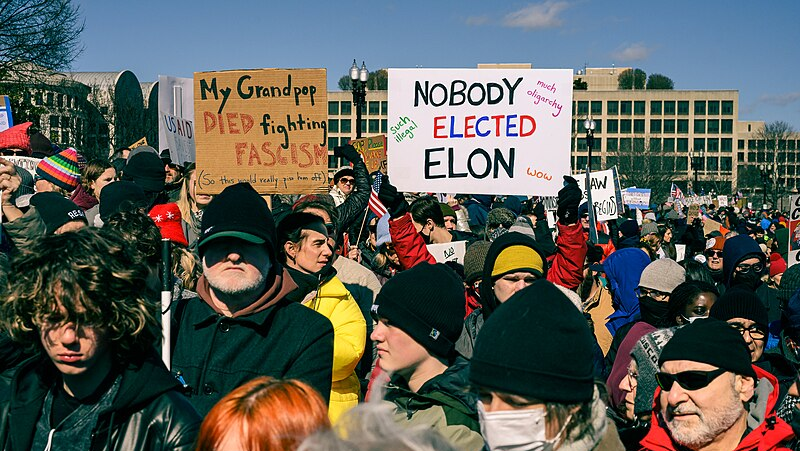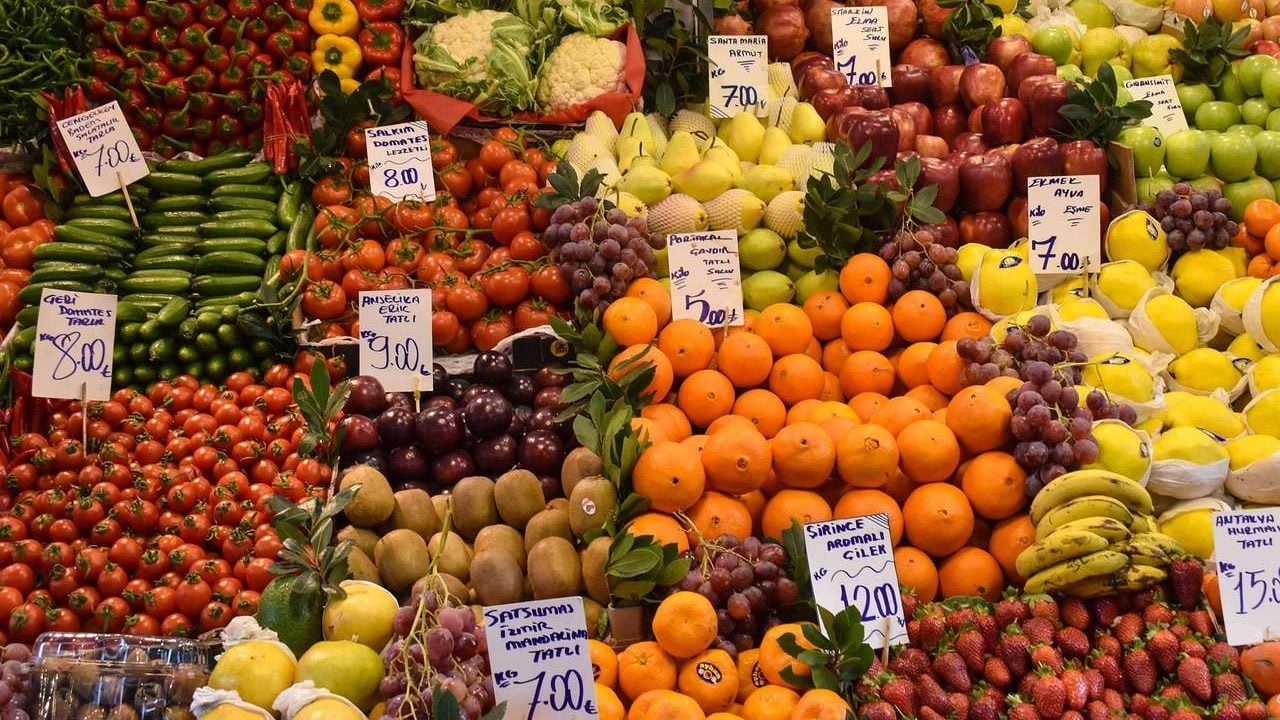Four billion journeys are taken by local buses every year. That’s nearly twice as many by rail, London Underground and Glasgow Subway combined. They save parents ferrying teens around, keep the elderly connected and provide an affordable way for commuters to get to work. There are also significant visible benefits to our communities from buses – relieving our roads from congestion, reducing parking pressures and cutting air pollution.
However, our bus system is in a woeful condition and Labour’s plan for buses – and the way they hope to fund it by raising bus fares – will leave our bus system in a bigger, more expensive mess. The main way the Government is planning to fix our failing bus system is by passing the Bus Services Bill through Parliament. This will let local authorities choose to either franchise bus services – letting the local council or mayor decide routes, timetabling and standards before handing them out to private contractors – or form their own nationalised bus companies.
To grow the economy, clean up the air and cut congestion, we must improve our bus services. However, instead of pouring in taxpayers’ cash, we should be using the expertise and resources of the private sector to improve services and save public money. Only a combination of local authorities working in step with the private sector will keep the pressure off public finances, improve services and help keep fares lower.
The Government argues that the only way to increase bus journeys is by letting local authorities franchise or directly run their services. It believes that complete public-sector control can improve services and help integrate routes with other forms of public transport.
Franchising might be viable in built-up areas where people live near each other and their local stop, meaning ridership is high and margins aren’t quite so tight. It has worked well in London, which is much more densely populated than the rest of the country. But passenger numbers elsewhere are unlikely to ever reach London rates. Franchising for less populated areas is just not a financially viable option. The bus can’t compete with the convenience of a car, and therefore will not attract the same level of uptake.
The other new option for local authorities is to start their own bus company, which will require significant costs; Greater Manchester’s Bee Network cost £135 million in start-up costs alone. With the perilous state of many local authority finances, virtually none will have that sort of capital to hand. This is before funding unprofitable ‘socially necessary’ routes in rural areas.
There is a better way. The Government should add conditionality terms for operators to receive public funding. The taxpayer currently spends £260m on the Bus Service Operators Grant (BSOG) to help keep unprofitable but necessary routes afloat. The Conservatives previously used the BSOG to add incentives for operators to adopt smart card payments and in-journey audio and visual information to improve the passenger experience.
Labour should follow their example. If they reformed the BSOG to provide relief based on how many kilometres buses travel rather than the litres of fuel they use, operators would have a greater incentive to switch their fleet to electric – improving air and noise pollution and helping to keep maintenance and running costs low.
Local authorities should also be free to adopt flexible franchising, where private operators take the revenue risk of running services but are supported by local authorities providing a small subsidy in return for sharing the profits. We would reap the benefits of full franchising – greater coordination with other forms of public transport, as well as the power to set service standards, timetables and fares – without local transport authorities having to find the sky-high costs and burden of forming their own bus companies or franchising services.
When it comes to running ‘socially necessary’ routes – routes that local authorities have identified to stop vulnerable residents from becoming isolated – demand-responsive options could be an alternative to traditional stopping services. Instead of the expense of running full regular services where it is not commercially viable, the demand-responsive option would see passengers hail buses when and where they are needed, keeping costs low for councils and operators.
Involving the private sector should not be a source of shame. Private operators bring a wealth of knowledge, experience, expertise and financial resources to ensure our buses are better, quicker and cheaper. Ordinary families shouldn’t be left to lose out, because the Government wrongly assumes that more public sector involvement will equate to better bus services.
Click here to subscribe to our daily briefing – the best pieces from CapX and across the web.
CapX depends on the generosity of its readers. If you value what we do, please consider making a donation.
<>The post More government won’t mean better bus services appeared first on CapX.





